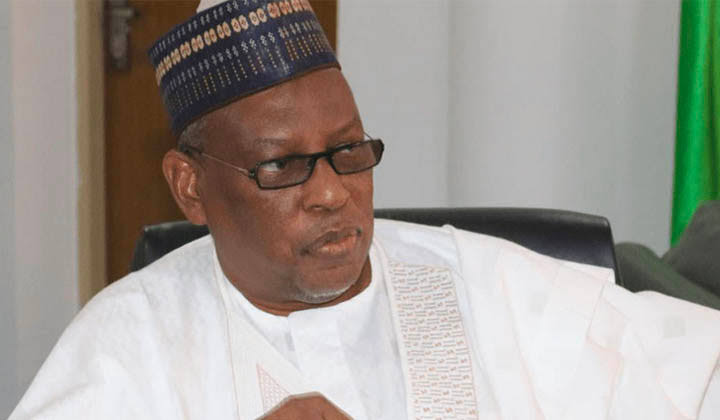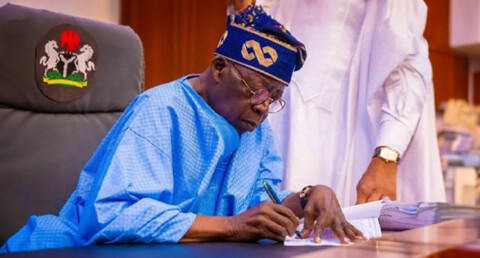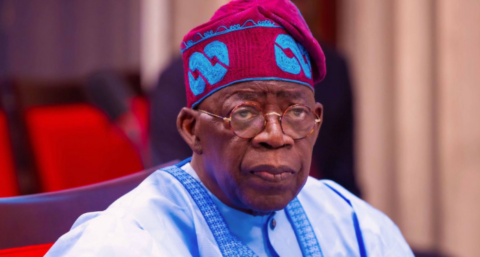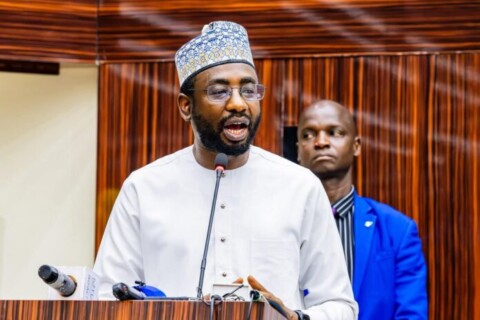The Universal Basic Education Commission (UBEC) has revealed that only 16 out of Nigeria’s 36 states have accessed the 2023 matching grant, amounting to just 41% of the allocated N51.6 billion. This information was disclosed by UBEC Executive Secretary Hamid Bobboyi during an oversight visit by the House Committee on Basic Education and Services in Abuja on July 10, 2024.
According to Bobboyi, as of June 30, 2024, only N21 billion out of the N51.6 billion allocated for matching grants in 2023 had been accessed by 16 states. These states are Benue, Borno, Cross River, Delta, Enugu, Jigawa, Kano, Kwara, Nasarawa, Niger, Ondo, Osun, Rivers, Sokoto, Taraba, and Zamfara.
The executive secretary gave a financial update, noting that out of the N103.2 billion allocated for 2023 (which is 2% of the Consolidated Revenue Fund), N55 billion has been spent. This includes funding for UBE implementation, such as matching grants, initiatives to address educational disparities, special education, and monitoring programs.
Representative Mark Usani, head of the House Committee on Basic Education and Services, emphasized the importance of overseeing the progress of basic education in the past year. He highlighted the committee’s interest in understanding how UBEC is improving the quality of basic education nationwide.
Usani acknowledged the critical role of UBEC in Nigeria’s education system, stating, “If the federal government had not established UBEC, you can only imagine what would become of basic education in the country.” He also mentioned the committee’s plans to review the UBEC Act to address challenges such as unaccessed funds and other issues in basic education.
The chairman acknowledged that certain challenges, like teacher recruitment, are not directly under UBEC’s authority and are the responsibility of state and local governments. However, he emphasized the importance of collaborating with state officials to tackle these urgent issues.
This situation shows ongoing problems in Nigeria’s education system, especially in how funds are used and coordinated between the federal and state levels. Improving basic education remains a priority, but the low access to grants by states is a big concern that policymakers and education leaders must address.





